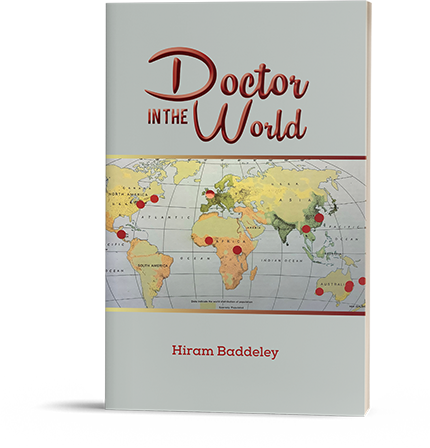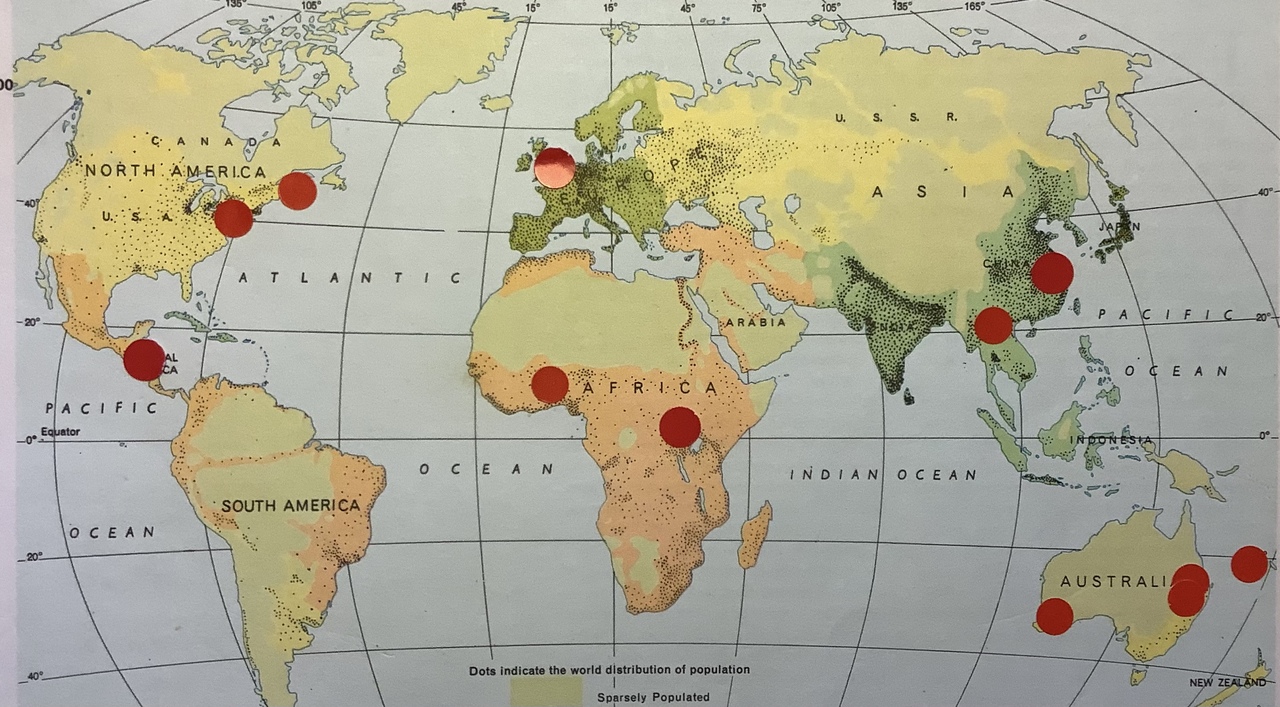

Doctor in the World opens with personal experiences of the socialist NHS in England and Wales; in developing countries in Central America, Africa and East Asia; Medicare insurance schemes in Canada and Australia; then back to the NHS in its hybrid public/private and internal market form. It is an anecdotal record of medical care in many different places around the world. A country’s government has an impact on the health of its people and so geopolitical backgrounds that affect medical services have been included. Finally, the results of WHO and OECD surveys from many countries are compared against the background of phenomenal advances in modern medicine.The stories of world health will interest anyone involved in medical care, anywhere in the world.

DOCTOR IN THE WORLD opens with personal experiences of the socialist NHS in England and Wales in its early years; in developing countries in Central America, Africa and East Asia; Medicare insurance s ........
Austin Macauley are one of the fastest-growing publishers, striving hard to give authors the best chance of succeeding in an increasingly crowded market. With headquarters in London, New York and Sharjah, Austin Macauley Publishers™ have established themselves as an energetic and innovative independent trade publishers.
+44 (0) 207 038 8212
+44 (0) 203 515 0352
mail@austinmacauley.com
Austin Macauley Publishers™ Ltd.
1 Canada Square, Canary Wharf,
London, E14 5AA
United Kingdom
